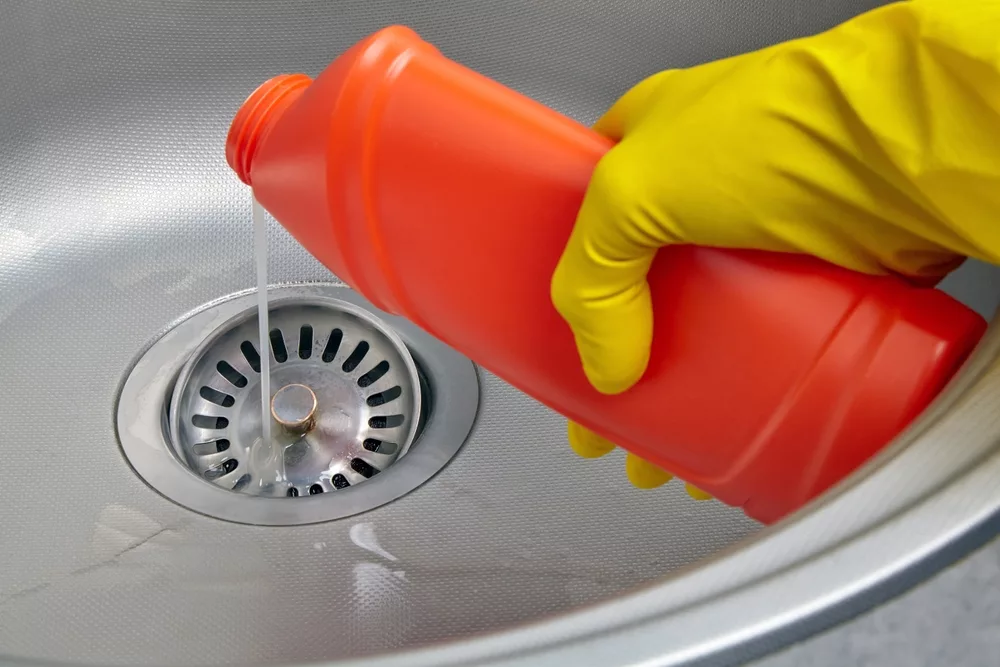Clogged drains can disrupt daily routines and lead to costly plumbing issues. Regular drain cleaning is essential for maintaining a healthy plumbing system and preventing major blockages that can cause water damage and health hazards. Understanding the importance of drain maintenance can save homeowners time and money in the long run.
There are various methods for drains cleaning, ranging from simple home remedies to professional services. Each approach has its benefits, and knowing when to use them can enhance the effectiveness of drain care. Whether it’s baking soda and vinegar or calling a plumber, the right technique can make a significant difference in keeping drains clear.
Awareness about the signs of drain issues is crucial. Recognizing problems early can prevent minor inconveniences from escalating into serious repairs. Addressing drain maintenance proactively ensures smooth water flow and longevity of plumbing systems.
Understanding Drains and Blockages
Drains play a crucial role in managing water flow in a property. Knowing the types of drain systems, common causes of blockages, and signs that indicate a blocked drain can prevent significant issues.
Types of Drain Systems
There are several types of drain systems commonly used in residential and commercial properties.
- Surface Drains: These are designed to remove excess water from surfaces like driveways and yards. They typically feature grates or channels that capture rainfall or runoff.
- Gutter Drains: Installed along roof edges, they help channel rainwater away from the foundation of buildings. Maintaining these drains is essential to prevent overflow and water damage.
- Sewer Drains: Responsible for carrying wastewater away from homes, these drains are connected to municipal sewer lines. Proper functioning is crucial to prevent backflow and health hazards.
- French Drains: These are underground systems designed to redirect water away from basements and foundations. They often consist of perforated pipes and gravel, allowing water to flow away from the property efficiently.
Common Causes of Blockages
Blocked drains can occur due to a variety of reasons.
- Hair and Grease Buildup: Shower drains often collect hair, while kitchen sinks can accumulate grease over time, leading to clogs.
- Foreign Objects: Items such as wipes, toys, or food scraps can obstruct pipes and disrupt normal drainage flow.
- Tree Roots: Roots may infiltrate underground pipes, growing and causing blockages that are difficult to remove.
- Mineral Deposits: Hard water can lead to the buildup of mineral deposits within pipes, narrowing their diameter and creating blockages.
Regular drain cleaning can help mitigate these issues.
Signs of a Blocked Drain
Several indicators may suggest a blockage in a drain system.
- Slow Draining Water: If water takes longer than usual to drain in sinks or tubs, it can signal a blockage.
- Unpleasant Odors: Foul smells emanating from drains often indicate trapped waste or stagnant water, suggesting a potential blockage.
- Gurgling Sounds: Air trapped in the pipes is often manifested by gurgling noises, a common sign of a blocked drain.
- Water Backup: When drains overflow or back up into sinks or toilets, immediate action is required, as this may lead to significant water damage.
Recognizing these signs helps in addressing problems promptly.
Drain Cleaning Techniques
Efficient drain cleaning involves various techniques ranging from chemical methods to manual and professional tools. Understanding each technique’s purpose and application can lead to better maintenance and prevention of clogged drains.
Chemical Cleaners and Their Use
Chemical cleaners are popular for their ability to dissolve clogs quickly. They typically contain powerful acids or alkalis that break down organic matter, grease, and debris in pipes.
- Types of Chemical Cleaners:
- Caustic Cleaners: Often sodium hydroxide-based, effective on grease and hair.
- Acid Cleaners: Powerful against tough clogs but can damage pipes if not used correctly.
- Enzymatic Cleaners: Contain natural enzymes that digest organic materials. Safer for pipes and the environment.
Proper use involves following manufacturer instructions carefully. It’s also essential to wear protective gear, as chemicals can lead to skin irritation and respiratory issues.
Manual Clearing Methods
Manual clearing methods require physical effort to remove blockages. These techniques are often the go-to solution for minor clogs and can be very effective.
- Common Tools:
- Plunger: A simple yet effective tool for clearing minor clogs. It creates suction to dislodge the blockage.
- Drain Snake or Auger: A flexible tool for reaching deeper clogs. It twists and turns to navigate the pipes.
Manual methods can be more environmentally friendly. They reduce reliance on chemicals, making them a preferred choice for those concerned about the impact on local waterways.
Professional Drain Cleaning Tools
When clogs persist, professional help may be required. Professionals use advanced tools to address tougher issues that DIY methods cannot resolve.
- Hydro Jetting: This technique uses high-pressure water jets to clear out stubborn blockages and debris within pipes.
- Video Inspection Cameras: Allow professionals to visually assess the condition of the pipes. This method identifies problem areas before any cleaning begins.
These methods may seem costly initially but can save money in the long run by preventing future issues. Professionals ensure that the work done adheres to safety and building codes.
Preventative Maintenance and Tips
Preventative maintenance is key to avoiding future drain issues. Implementing small changes can significantly reduce the frequency of clogs.
- Regular Cleaning: Monthly maintenance using natural cleaners like baking soda and vinegar can help keep drains clear.
- Mind What Goes Down the Drain: Avoid disposing of grease, hair, or large food particles. Using drain screens can help filter out debris.
Educating household members about proper drain use can prevent clogs before they occur. Setting a schedule for routine checks can help catch potential problems early.

